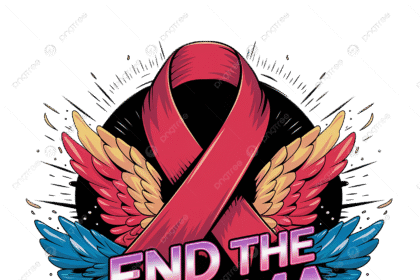Selling Flesh for Survival: Somewhere in rural Lahore, a woman struggles to stand over the sink, washing the dishes. She has an incisional hernia. Fifteen years ago, she sold one of her kidneys for 250,000 PKR to pay for her husband’s treatment. She only received 60,000. Her husband died. Now, over a decade later, she continues to bear the grave consequences.
Somewhere else, in a village in Sargodha, a man lies on a sheet on the floor, blood running down his side as a man in a white coat cuts him open and takes out his kidney. He is not wearing gloves. The ‘surgeon’ packs up the organ, as one would gather wheat for harvest. The man on the floor is stitched up with inexperienced fingers and is left there with a bottle of painkillers. He lies there helpless, powerless, and hopeless . The cost of a wealthy man’s kidney is almost ten million rupees. However, the labourer lying on the floor, who will be unable to work for months, receives only 100,000 – a reminder of the horrifying commodification of the human body across different classes.
The systemic exploitation (hidden harvest — linking to your “Harvest Season Never Ends” theme)
This is the story of about 1000 people a year, and this is just an estimate.
“Jism to Allah ki amanat hai,” my mother used to say, wrapping her dupatta tighter when the news showed yet another body discarded on a hospital floor.
However, ‘amanat’ does not feed the hungry. In the corners of rural Pakistan, ‘jism’ has become a currency – carved and sold in sterile rooms, lit with dirty tube lights. A piece of your body for a year’s worth of rent. A rib for a chance at dignity.
While this practice is a poor reflection of Pakistan in international media, it also reminds us of how much Pakistan’s outdated and unjust class system needs to be eliminated. A system where the rich can purchase health at the expense of the poor’s flesh, where a villager’s kidney becomes the last resort for a meal, and where poverty is so normalised that selling a piece of one’s body feels less like a tragedy and more like necessity. Until this structural violence is dismantled, organ trade will not be an anomaly—it will be the symptom of a country bleeding from within.
“Tan-e bi-nān, nān miforushad; hattā agar gūsht-e khodash bāshad.”
Translation: “The body without bread sells bread—even if it is made of its own flesh.”
Organ trade in Pakistan is just that: survival bought with a scalpel and paid for in organs.
It is not just a black-market crime; it is a mirror held up to a society that has long failed its most vulnerable. Behind every illicit transplant lies a deeper illness—of systemic inequality, of generational poverty, of a class structure that treats the bodies of the poor as spare parts
for the rich. No amount of legislation will matter unless dignity becomes a right, not a privilege. No amount of legislation will matter unless it prevents the egregious violation of the sanctity of the human body. Until then, the scalpel will remain both a tool of survival and a symbol of sacrifice carved into human flesh.













